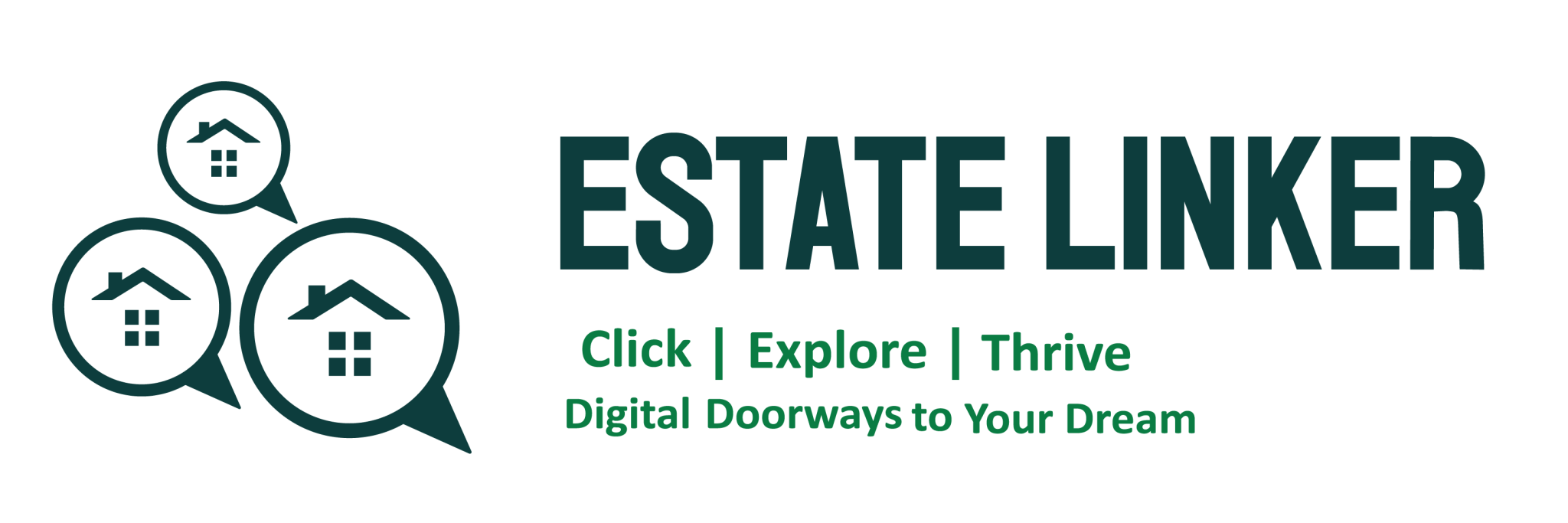mental-health-screening1909
mental-health-screening1909
Five Mental Health Assessment Tools Projects For Any Budget
Mental Health Assessment Tools for Clinicians
Mental health assessments are an important part of psychiatry and psychology, making sure that specialists can efficiently diagnose and treat various mental health conditions. These assessments differ in style and substance, from structured interviews to standardized questionnaires, and play an essential function in understanding a client’s psychological well-being. This short article explores various mental health assessment tools readily available for clinicians, detailing their purpose, application, and efficiency, while likewise dealing with often asked questions about the assessment process.
Overview of Mental Health Assessment Tools
Mental health assessment tools can be broadly classified into two classifications: clinical interviews and standardized assessment instruments.
Clinical Interviews
Clinical interviews are typically unstructured or semi-structured conversations between the clinician and the patient. They concentrate on gathering information about the patient’s history, signs, and emotions. Here are some key points concerning clinical interviews:
- Unstructured Interviews: These are informal conversations that allow clients the liberty to reveal themselves without a rigorous format. The clinician might guide the conversation based on the client’s responses but can check out numerous topics as they occur.
- Structured Interviews: In these, clinicians follow a set series of questions to ensure consistency and comprehensiveness across different patients. Structured Clinical Interview for DSM-5 (SCID-5) is a common example.
Standardized Assessment Instruments
These tools consist of questionnaires and rating scales created to quantitatively evaluate mental health conditions. They are important since they provide unbiased information that can guide diagnosis and treatment. Below are a couple of notable standardized assessment instruments utilized by clinicians:
- Beck Depression Inventory (BDI): A self-report questionnaire that assesses the intensity of depression.
- Generalized Anxiety Disorder 7-item Scale (GAD-7): A self-administered tool for measuring anxiety levels.
- Patient Health Questionnaire-9 (PHQ-9): A screening tool that examines depression severity by asking patients about their mood and practical impairment.
- Hamilton Rating Scale for Depression (HAM-D): A clinician-administered assessment for assessing depressive signs.
- Mini-Mental State Examination (MMSE): A quick 30-point questionnaire that evaluates different cognitive functions consisting of arithmetic, memory, and orientation.
- Montreal Cognitive Assessment (MoCA): Designed to examine mild cognitive dysfunction, it is a quick screening tool.
Table: Key Mental Health Assessment Tools
| Tool | Function | Format | Administration |
|---|---|---|---|
| Beck Depression Inventory (BDI) | Measures intensity of depression | Self-report | Self-administered |
| GAD-7 | Steps anxiety levels | Self-report | Self-administered |
| PHQ-9 | Screens for depression | Self-report | Self-administered |
| HAM-D | Evaluates depressive symptoms | Clinical | Clinician-administered |
| MMSE | Assesses cognitive functions | Clinical | Clinician-administered |
| MoCA | Screens for mild cognitive dysfunction | Clinical | Clinician-administered |
Benefits of Using Mental Health Assessment Tools
Utilizing mental health assessment tools brings numerous benefits to both clinicians and clients. Some of these consist of:

- Improved Accuracy: Standardized assessments assist lessen bias in diagnosis and enhance the accuracy of recognizing mental health disorders.
- Establishing Baselines: Assessment tools supply standard information that can be used to track the client’s progress gradually.
- Helping With Treatment Planning: Results from assessments help clinicians in developing customized treatment strategies based on objective data.
- Engaging Patients: Many standardized tools are designed to be user-friendly, making it much easier for patients to engage in their assessment process.
Challenges and Limitations
While mental health assessment tools use lots of benefits, they also face certain constraints:
- Cultural Sensitivity: Some assessment tools might not be appropriate for all cultural contexts, leading to misinterpretations of mental health signs.
- Subjectivity: Self-report tools greatly depend on patients’ self-knowledge and transparency, which can lead to inconsistencies in reporting.
- Over-reliance: There might be a propensity for clinicians to depend exclusively on standardized tools, possibly neglecting nuanced clinical judgments that develop from client interactions.
Frequently asked questions
1. What is the value of mental health assessments?
Mental health assessments are vital for the accurate diagnosis and treatment of mental health conditions, enabling clinicians to understand a patient’s special history, signs, and treatment requirements.
2. How often should mental health assessments be carried out?
The frequency of assessments can depend upon the individual client’s needs, seriousness of symptoms, and changes in clinical conditions. Routine assessments can help track progress and notify treatment changes.
3. Are mental health assessment tools appropriate for any age groups?
Lots of mental health assessment tools are created for specific age groups, though there are likewise instruments offered for children and adolescents. Clinicians need to pick tools proper for their patient group.
4. How can clients get ready for a mental health assessment?
Patients can prepare by reviewing their thoughts and feelings, considering their personal history, and being all set to discuss their symptoms openly with clinicians.
5. Can mental health assessments forecast future mental health problems?
While assessments can provide insights into existing problems and threats, they can not definitively predict future mental health conditions. They do, nevertheless, assistance in identifying clients who may be at threat and require closer monitoring.
Mental health assessment tools are important for clinicians making every effort to provide accurate diagnoses and reliable treatment strategies. From clinical interviews to standardized instruments, these tools serve to promote a comprehensive understanding of a client’s mental health assessment tools For clinicians health. While they come with challenges, their benefits in promoting accurate and empathetic mental healthcare are unmistakable. For best practices, clinicians should integrate various assessment approaches to make sure a holistic understanding of the client’s requirements, consequently boosting the overall restorative experience.



